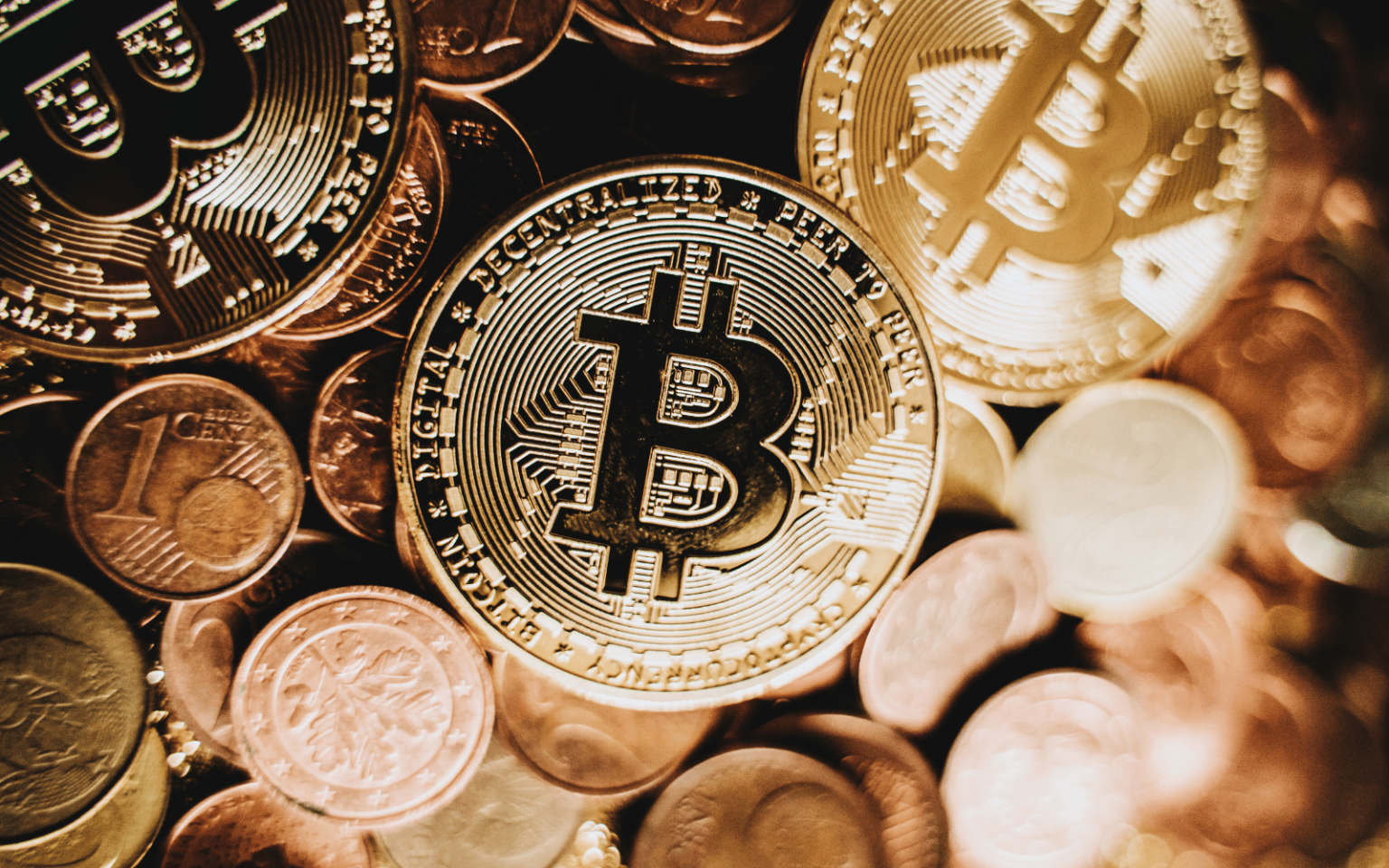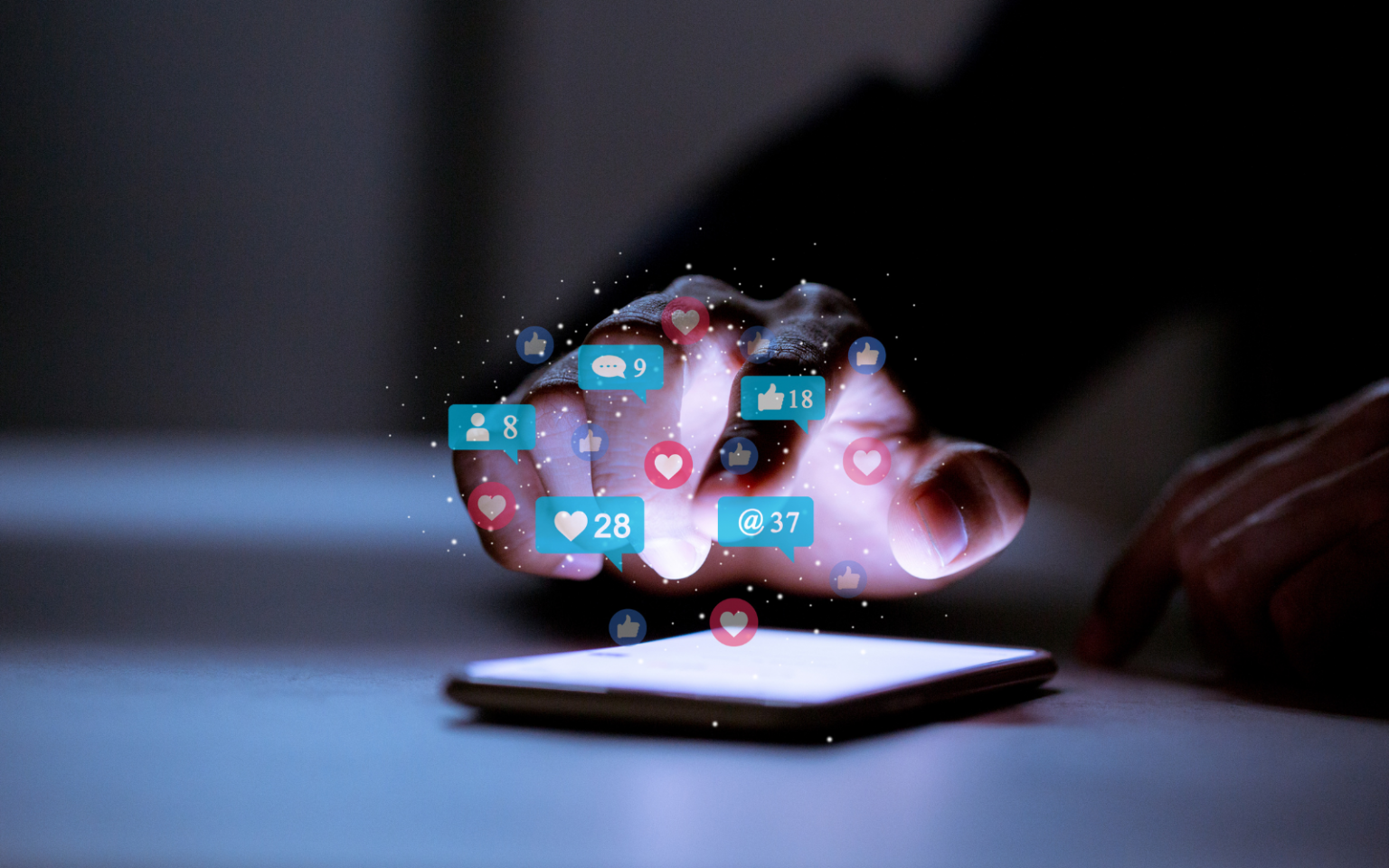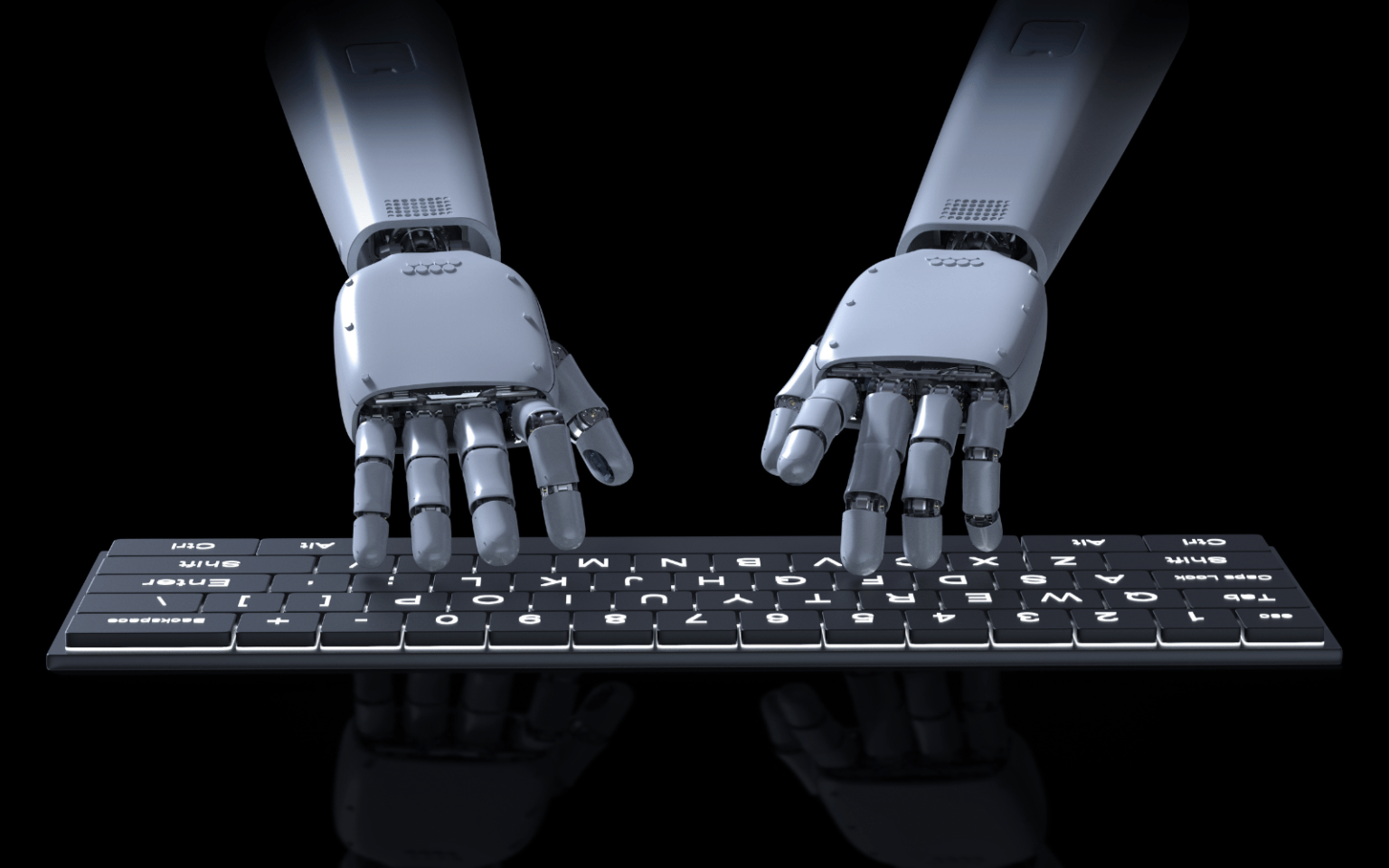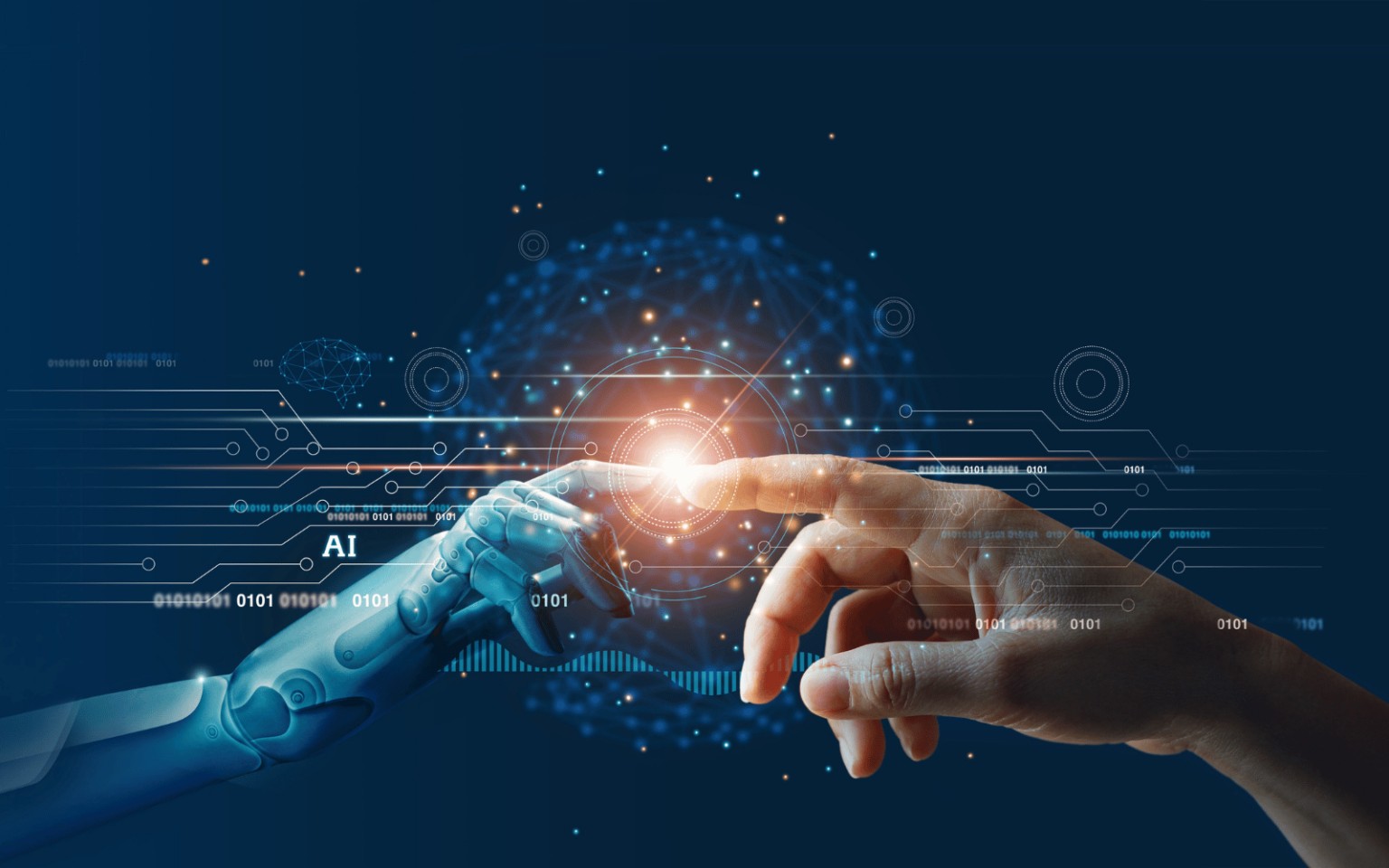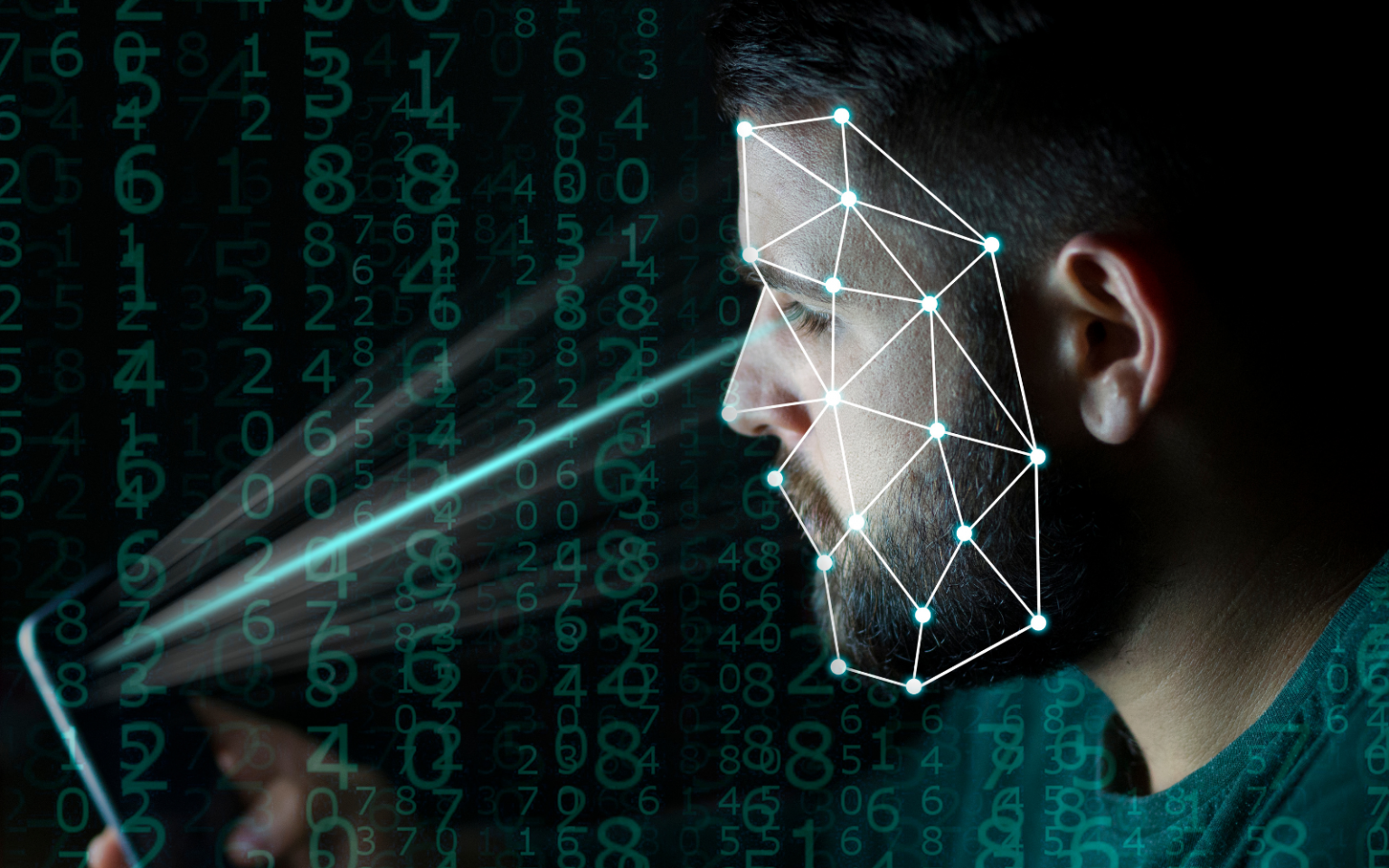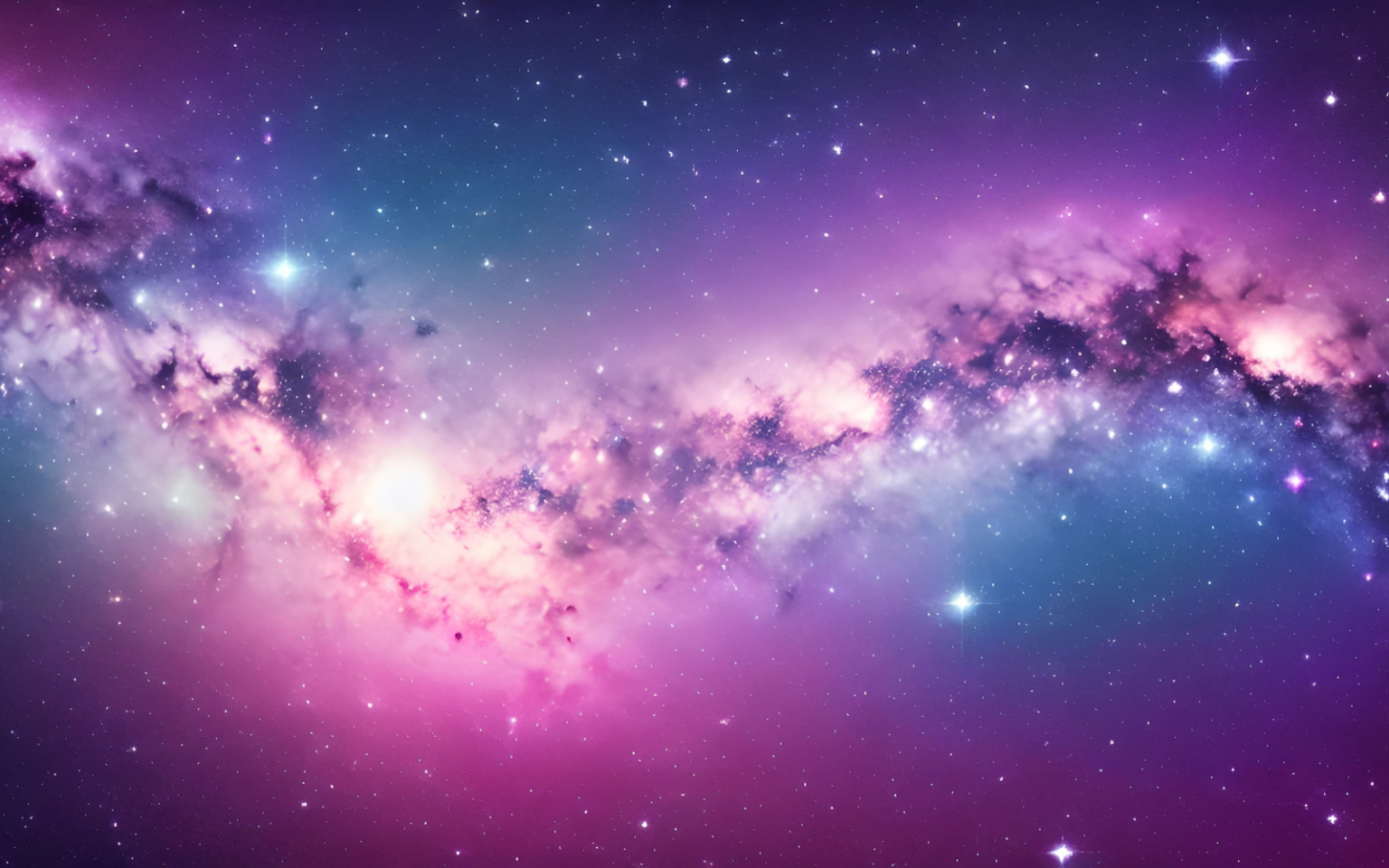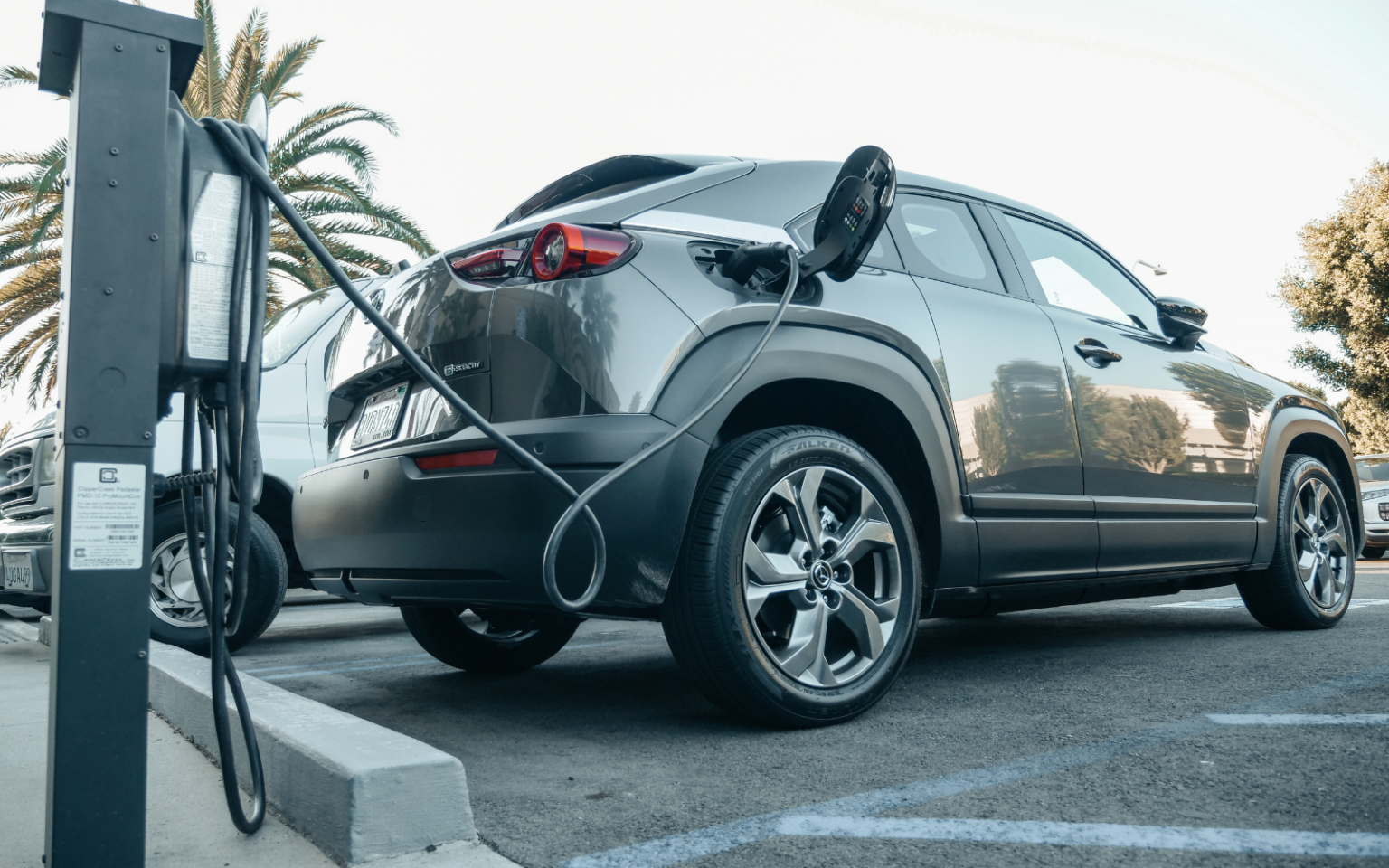Fraudulent payments – where people are tricked into sending money to criminals – cost consumers £460 million in England and Wales last year. To give consumers more protection, the UK government now plans to give banks 72 hours to delay the completion of potentially fraudulent transfers. The growth of the decentralised finance sector – including cryptocurrencies and the platforms that facilitate their trade – offers an alternative to mainstream finance. But as well as new opportunities, the growth of DeFi (as it’s known) has brought serious risks of financial crime and scams. On the one hand, the blockchain technology used in cryptocurrencies has been heralded…
Author: The Conversation
The Australian government is developing legislation that will ban children under 16 from social media. There has been a huge public debate about whether there is sufficient direct evidence of harm to introduce this regulation. The players in this debate include academics, mental health organisations, advocacy groups and digital education providers. Few steps back to look at the entire research landscape. Social media has become integral to everyday life. Not many teens want to be extensively researched, so studies are pragmatic, require consent and findings are limited. As a result, we tend to hear that the effects are small or even inconclusive. For the public…
Think back to a time when you needed a quick answer, maybe for a recipe or a DIY project. A few years ago, most people’s first instinct was to “Google it.” Today, however, many people are more likely to reach for ChatGPT, OpenAI’s conversational AI, which is changing the way people look for information. Rather than simply providing lists of websites, ChatGPT gives more direct, conversational responses. But can ChatGPT do more than just answer straightforward questions? Can it actually help people be more creative? I study new technologies and consumer interaction with social media. My colleague Byung Lee and I set out to explore…
Meta will make its generative artificial intelligence (AI) models available to the United States’ government, the tech giant has announced, in a controversial move that raises a moral dilemma for everyone who uses the software. Meta last week revealed it would make the models, known as Llama, available to government agencies, “including those that are working on defence and national security applications, and private sector partners supporting their work”. The decision appears to contravene Meta’s own policy which lists a range of prohibited uses for Llama, including “[m]ilitary, warfare, nuclear industries or applications” as well as espionage, terrorism, human trafficking and exploitation or harm…
Anyone following the rhetoric around artificial intelligence (AI) in recent years has heard one version or another of the claim that AI is inevitable. Common themes are that AI is already here, it is indispensable, and people who are bearish on it harm themselves. In the business world, AI advocates tell companies and workers that they will fall behind if they fail to integrate generative AI into their operations. In the sciences, AI advocates promise that AI will aid in curing hitherto intractable diseases. In higher education, AI promoters admonish teachers that students must learn how to use AI or risk becoming uncompetitive when…
Globally, there’s a shortage of people with the expertise and skills needed to drive the transition towards a green economy – known as green talent. The pool of green talent needs to be doubled by 2050 if the world is to move away from fossil fuels. In South Africa, despite efforts, there are still gaps in green talent training. These are delaying the transition away from coal. Sean Kruger, a technology and innovation specialist at the University of Pretoria’s Centre for the Future of Work, unpacks what is needed to close the green talent gap. What is South Africa’s green talent gap? South Africa has substantial…
In the 2016 science fiction movie Arrival, a linguist is faced with the daunting task of deciphering an alien language consisting of palindromic phrases, which read the same backwards as they do forwards, written with circular symbols. As she discovers various clues, different nations around the world interpret the messages differently – with some assuming they convey a threat. If humanity ended up in such a situation today, our best bet may be to turn to research uncovering how artificial intelligence (AI) develops languages. But what exactly defines a language? Most of us use at least one to communicate with…
Facial recognition technology is becoming more widely used, but this has not been matched by wider acceptance from the public. Controversies continue to hit the media, with both public and private sector organisations frequently outed for flawed deployments of the technology. The New Zealand Privacy Commissioner is currently evaluating the results of retailer Foodstuff North Island’s trial of live facial recognition in its stores. The commissioner is also considering a potential code on the use of biometrics that would govern the use of people’s unique physical characteristics to identify them. But as facial recognition becomes more common, public acceptance of the technology is inconsistent.…
On Nov. 9, 2024, the world will mark Carl Sagan’s 90th birthday – but sadly without Sagan, who died in 1996 at the age of 62. Most people remember him as the co-creator and host of the 1980 “Cosmos” television series, watched worldwide by hundreds of millions of people. Others read “Contact,” his best-selling science fiction novel, or “The Dragons of Eden,” his Pulitzer Prize-winning nonfiction book. Millions more saw him popularize astronomy on “The Tonight Show.” What most people don’t know about Sagan, and what has been somewhat obscured by his fame, is the far-reaching impact of his science, which resonates…
In sub-Saharan Africa, high levels of particulate matter (PM2.5) pollution from vehicle tailpipe emissions cause poor health, developmental stunting, and even death. Vehicle emissions also contribute to global warming. Electric vehicles could help solve these problems but they’ve been slow to take off in the region. Its biggest economy, South Africa, had only about 1,000 electric vehicles by 2022. We are specialist transport engineers whose research has focused on electric vehicles and road freight transport in sub-Saharan Africa. In our work, we look at how electric vehicles could contribute to reducing emissions in the region, and what is standing in the way of electrifying transport. One of the reasons for low…

